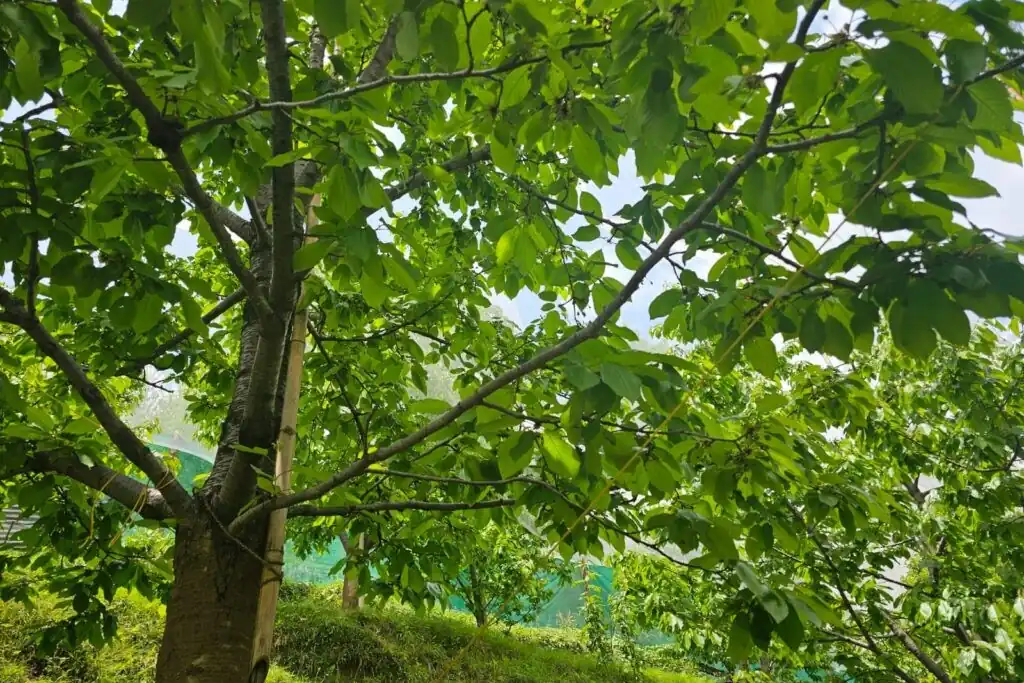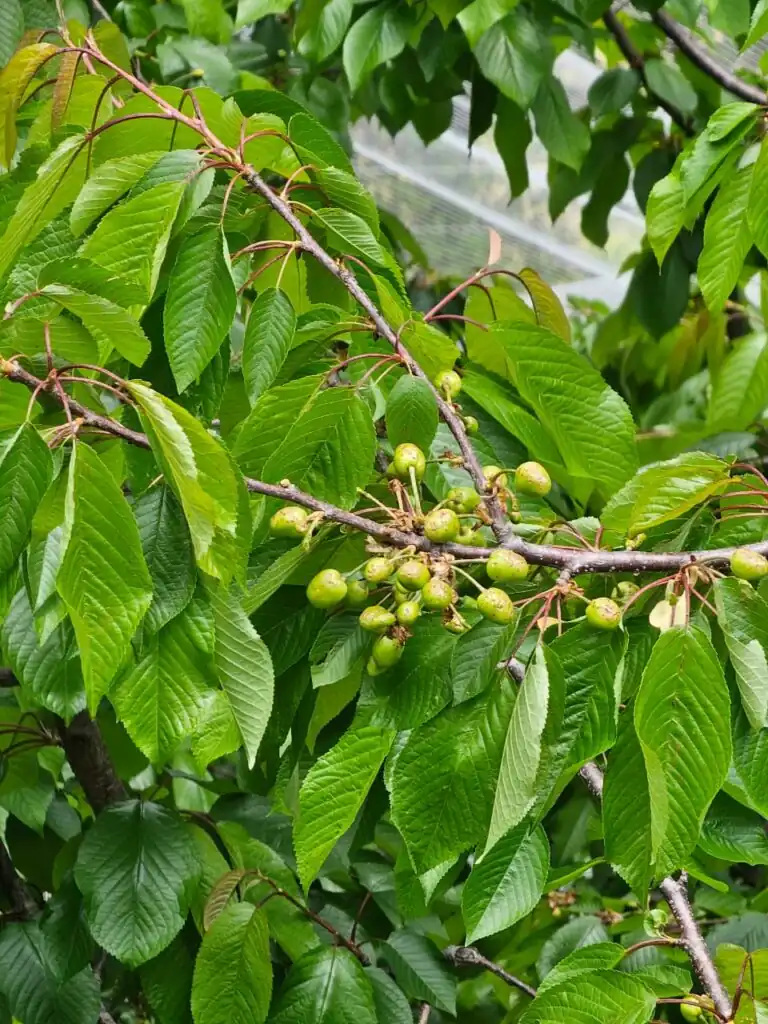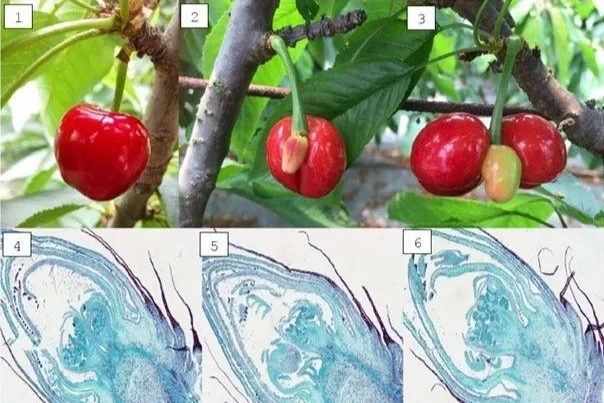High up in the peaceful hills of Narkanda, we met a couple who touched our hearts—not just because of the cherries they grow, but because of the life they live and the choices they’ve made.
We were on a mission to find farmers who grow food without using any chemicals—clean, natural, and safe to eat. That’s when we found this beautiful orchard, hidden on a shady hill, lovingly cared for by a kind man in his late 70s and his wife.
They asked us not to mention their names and hinder there peace, but their story is something we believe deserves to be told.
Pain turned into purpose
The farmer told us something that stayed with us:
“My father died of cancer. My mother died of lung cancer. I’ve always believed it was because of the chemicals used in the food they ate. I knew I had to do something different.”
After retiring from the army, he decided not to sit still. In the early 1990s, he and his wife started planting cherry trees on their hillside land. Because the farm is covered with big trees and doesn’t get enough sunlight, they couldn’t grow apples like most others in the area.
“The land was too shady for apples, so we chose cherries—and they’ve done well,” he told us with a gentle smile.

Farming with love, not chemicals
As we walked through the orchard, we could feel the love and care they had poured into every tree. They don’t use chemical sprays or factory-made fertilizers. Instead, they use natural ways to keep the trees healthy—homemade compost, natural pest control, and traditional methods.
“These trees are like our children. We planted them with our own hands and have cared for them every single day since,” he said.
Their cherries are still growing and will be ready to pick in about two weeks. But even before the fruit is ready, the farm is already full of life and goodness.
We found this farm through the CETARA Natural Farming certified evaluation system, which helps people find honest, natural farmers easily. You just pick the crop and area you want, and it shows you certified natural farms in that location.
“That’s how you reached us, right?” he laughed. “CETARA made it possible.”
Inspiring others to go natural
Thanks to CETARA, more farmers like them are getting the recognition they deserve—and more people like us can find real, clean food straight from the source.
This couple isn’t just growing cherries—they’re helping others do the same. They talk to other farmers in the area and encourage them to stop using chemicals too.
“We tell them—just try. You’ll see the difference. It’s good for your health, your soil, and the people who eat your food,” the farmer said.
They even showed us around the whole farm with excitement—like proud parents showing off their children’s achievements. It was heartwarming to see such energy and purpose in them, even after so many years of hard work.

What’s next?
Right now, their cherries are still growing. Once they’re ready, and once we agree on a fair price, we definitely plan to buy from them. Not just because the cherries are clean and natural—but because supporting people like them matters.
Gram Disha Trust also runs a Delhi based Social Enterprise – Jaivik Haat – which connects such farmers to consumers across Delhi-NCR and other cities in India.
This is more than a farm. It’s a story of love, loss, and hope of how one couple turned pain into a promise: to grow food that’s safe, honest, and full of care.
Let’s keep telling stories like these
There are many such farmers out there—people doing the right thing quietly, with no big spotlight. They need to be found, supported, and celebrated.
Let’s keep choosing better. Let’s keep sharing their stories.
Source images: Gram Disha Trust
Mridul Dhiman
Gram Disha Trust
Cherry Times - All rights reserved












